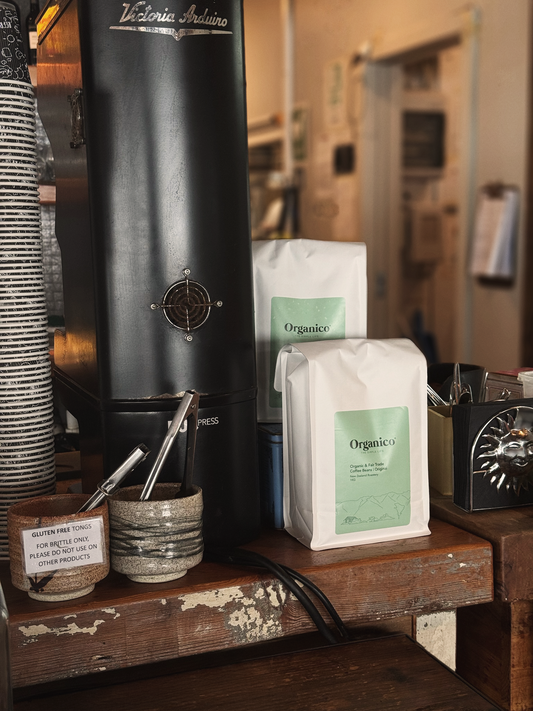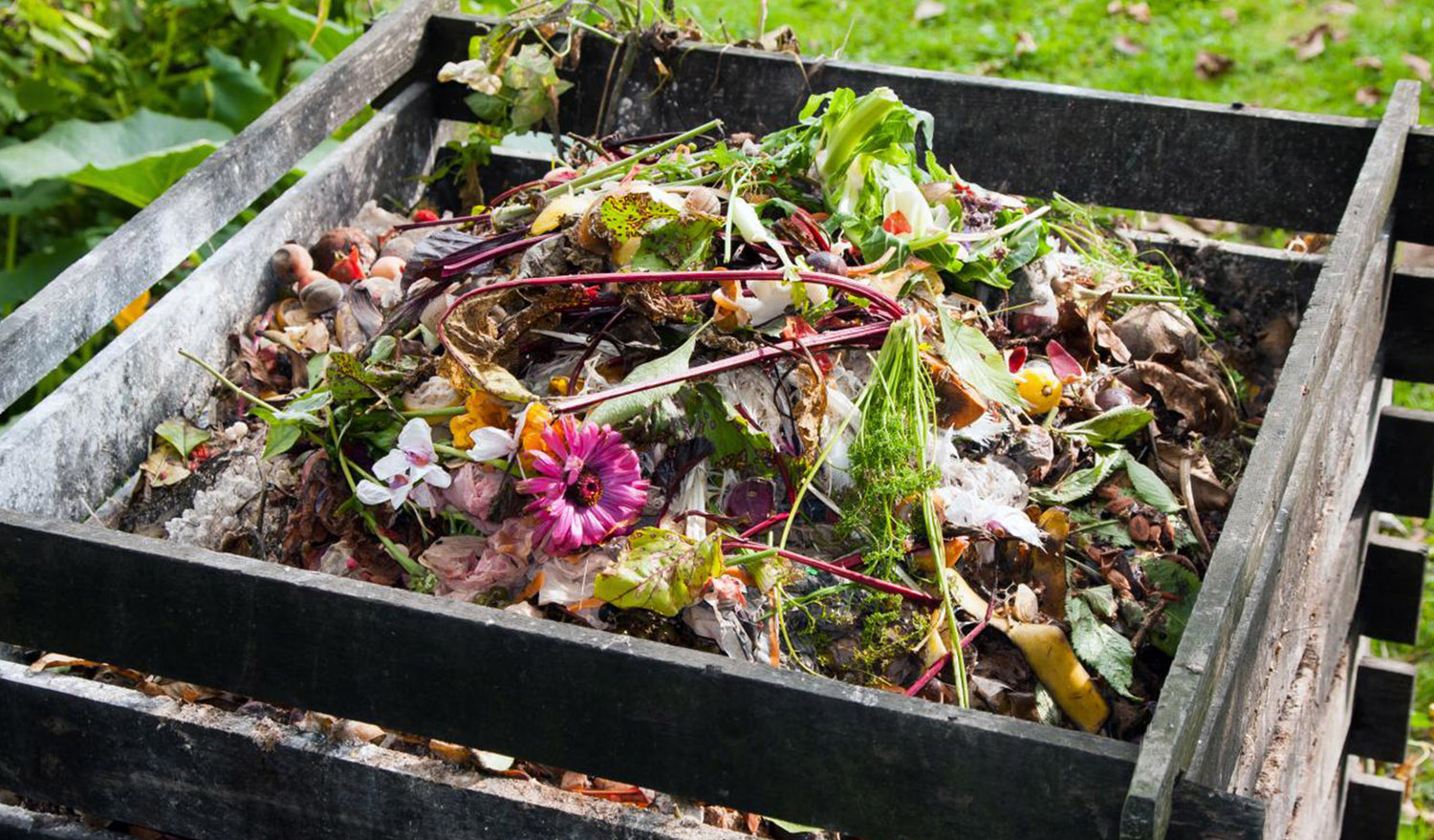You would be surprised by the amount of food waste is in our rubbish bins.
In New Zealand, studies have shown that the average household throws away three shopping trolleys worth of edible food a year. That’s 157,398 tonnes (or $1.17 billion worth) of avoidable food going straight to landfill. There, it’ll decompose and release methane – a harmful greenhouse gas which by some measures is 25-30 times more potent than carbon dioxide. On a global scale, more than $1.2 trillion worth of food goes to landfill every year, contributing approximately 8% of all human-caused greenhouse gas emissions (The Spinoff).
In our previous blog about food waste, we acknowledge the detrimental effects of the issue of food waste. One of the ways, if you can’t already eliminate food waste completely, is to begin a compost bin. Instead of sending these ‘wet’ goods to landfill, a compost bin allows these soiled foods to render into suitable fertiliser for soil, and help to produce your own home grown veggies.
Compost bins do have the stereotype of being smelly and messy and might attract rodents! However it turns out there are simple methods to avoiding these bad ideas surrounding compost. Instead of food scraps going into the bin, they go into a compost bin. Compost bins can be filled with a lot of things than just fruit and vegetables, such as animal matter including bones and meat.

1. Local Councils often provide compost bins for a discounted price and run workshops on how to maintain them. But here are some quick tips:
- Make sure there’s a good balance of ‘wet’ and ‘dry’ compost. Wet compost is your daily food scraps, but dry compost are things like leaves and paper. This is an awesome way to redirect your paper from the recycling bin!
- Ensuring your compost bin has a lid will prevent rodents from getting in there.
- Rotating your compost periodically, you don’t need to be too precious about it, just a rough stir every week and sooner then later you’ll have a nutritious soil for your garden!
2. If you want to go the extra mile, using a ‘Bokashi bin’ will mean you can compost animal products such as meat, cheese and animal bones. These special bins come with a spray the helps accelerate the fermentation process, and increase the nutrition in the compost.
3. Having a worm farm is another great option, especially for larger house holds. Worms produce rich fertiliser at an increased rate. Worms can’t feed on animal products but its a much quicker process then the normal composting method. Worms farm can even be kept inside in a cool place if need be, as they are odourless and get rid of the decomposing food faster than you think! Plus worms stay within their farm so they won’t be escaping anywhere. They love all fruit and veggies except citrus, and strangely enough, kids love get involved with this process.

-
Source: A Zero Waste Life in Thirty Days - Anita Vandyke


